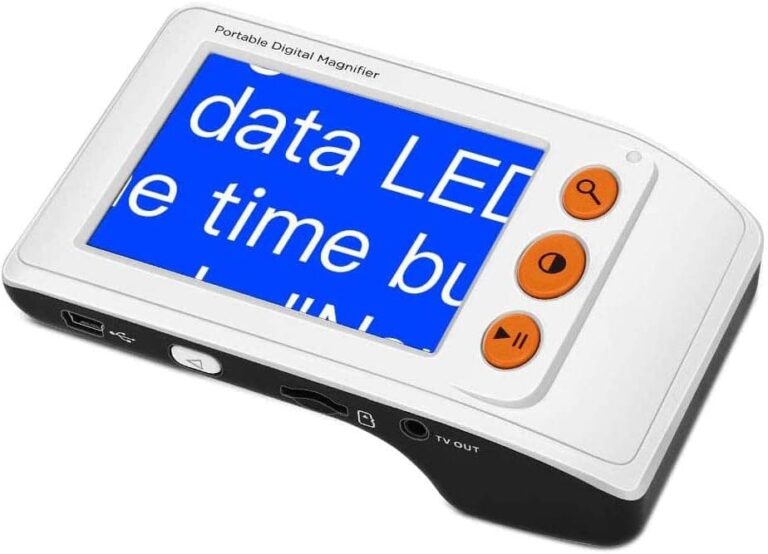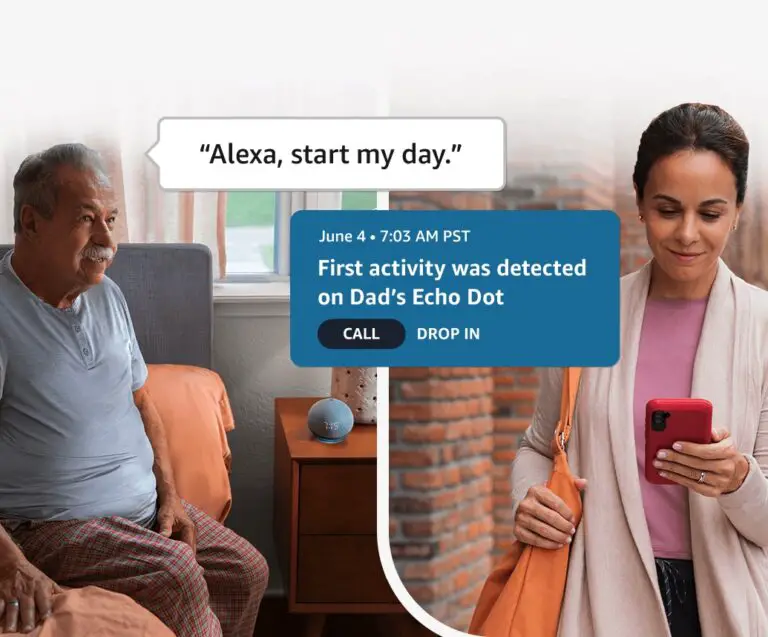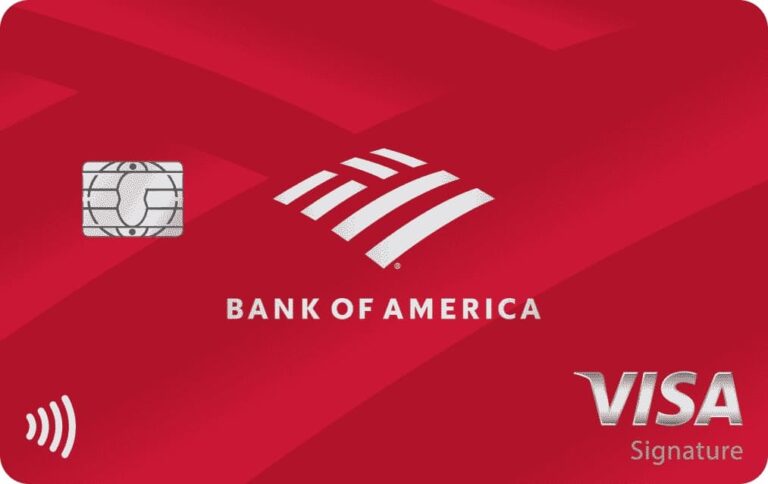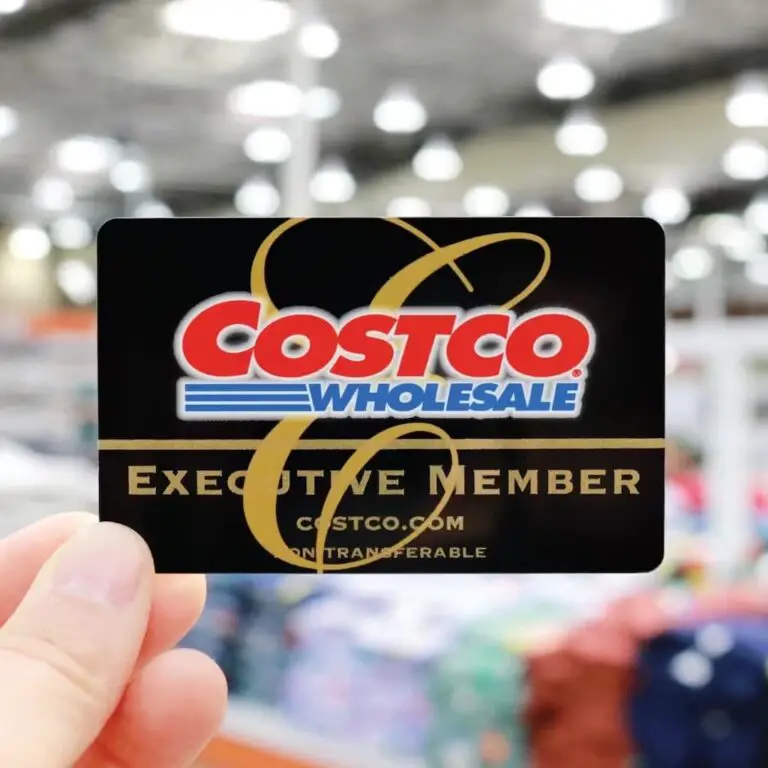The Importance of Baby Monitors for the Elderly: Ensuring Safety and Peace of Mind
Focusing on the safety, security and quality of life for the elderly is of utmost importance. As we age, there are some key needs that should be addressed:
- Fall Detection – Falls are a leading cause of injury for the elderly. Having a way to detect falls quickly is crucial for getting help in a timely manner.
- Wandering Prevention – Some seniors with dementia or Alzheimer’s are prone to wandering and getting lost. Monitoring their movements can prevent dangerous situations.
- Medication Reminders – Managing multiple medications can be challenging. Reminders and alerts can help ensure medications are taken properly.
Understanding and addressing these needs through proper assistive technologies can greatly improve seniors’ wellbeing.
Are baby monitors good for the elderly? Baby monitors can be highly beneficial for the elderly as they offer numerous safety features, such as fall detection, wandering prevention, and medication reminders. These devices also allow for real-time, remote audio/video monitoring, fostering independence while ensuring safety and providing peace of mind to caregivers.
Advanced monitors offer additional health tracking functionalities like heart rate, blood pressure, and SpO2 monitoring, enabling prompt identification and management of health issues.
If you’re looking for a reliable way to keep an attentive eye on your loved ones, I wholeheartedly recommend the VTech DM221 Baby Monitor available on Amazon. This versatile device isn’t just for babies – it’s an absolute game-changer for monitoring the elderly too.
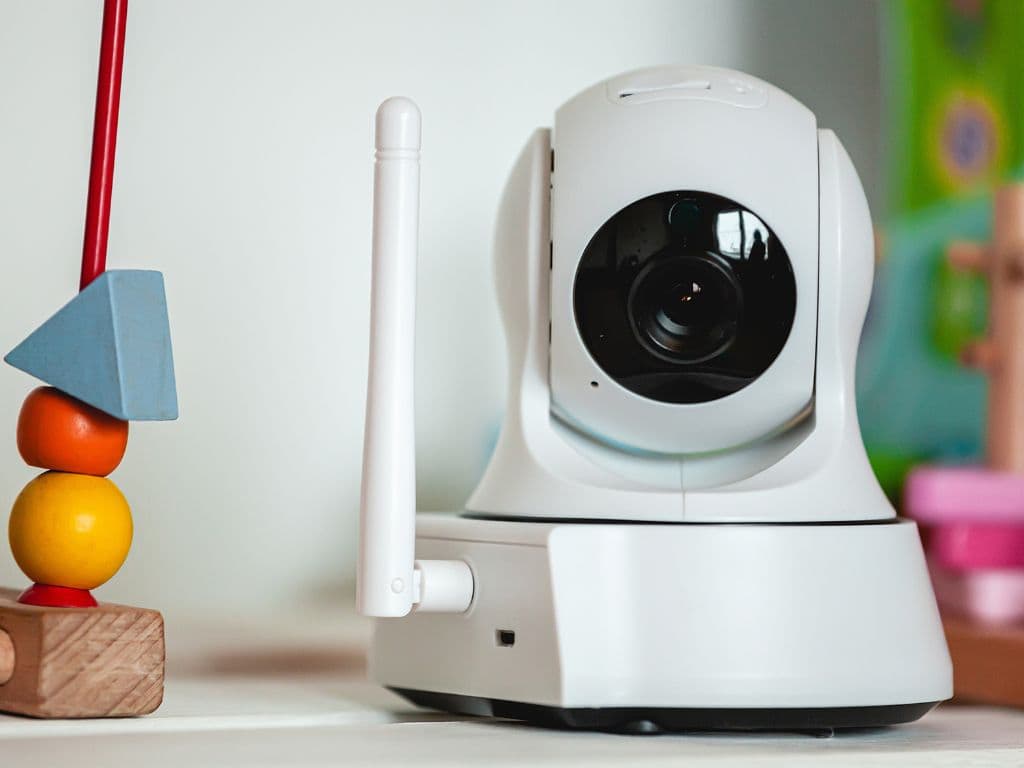
Baby Monitors: Supporting the Independence of Senior Citizens
Baby monitors designed specifically for seniors can provide enhanced support, safety and peace of mind. Here are some key benefits they offer:
- GPS Tracking – Knowing the real-time location of a senior can help prevent wandering situations. GPS monitoring enables their location to be pinpointed if needed.
- Two-Way Communication – Baby monitors allow caregivers to talk to seniors through an intercom or speaker system. This enhances safety while respecting their dignity and independence.
- Video Monitoring – Visual monitoring offers more information and context. Video baby monitors allow caregivers to periodically check-in visually.
- Promoting Independence – With the right monitors, seniors can maintain independence and activity while having an added safety net. This improves quality of life.
The right baby monitor system enables seniors to live securely and confidently.
Utilizing Audio Monitoring for Better Caregiving
Audio monitoring through baby monitors is especially beneficial for caregivers of seniors. Here are some of the key advantages:
- Enhanced Caregiving – Hearing what’s going on in another room enables more responsive caregiving. Certain sounds can indicate immediate assistance is needed.
- Understanding Health Changes – Changes like coughing, labored breathing or yelling out can be indicative of health issues. Audio monitoring helps caregivers diagnose issues early.
- Recognizing Emergency Situations – Loud noises like crashes, bangs or cries for help signify an emergency. Audio monitoring allows caregivers to recognize emergencies faster.
Audio monitoring works hand-in-hand with in-person caregiving, filling in the gaps between check-ins.
Adding Additional Layers of Safety: Advanced Monitors
Some advanced baby monitors offer capabilities that add extra layers of safety and protection:
- Temperature Monitoring – Sudden drops or spikes in temperature can signify health emergencies in the elderly. Temperature monitoring detects these changes.
- Heart Rate Monitoring – Tracking resting heart rate over time gives insight into overall health. Abnormal heart rate alerts may indicate issues needing medical attention.
- Blood Pressure Monitoring – High or low blood pressure in seniors can lead to serious health complications if not managed. Blood pressure monitoring identifies problematic trends.
- SpO2 Monitoring – Low oxygen saturation levels require prompt medical intervention. SpO2 (blood oxygen) monitoring quickly detects dangerously low levels.
These features allow health issues to be identified early so preventative action can be taken.
Assisted Living vs. Baby Monitors
| Type | Monitoring Capabilities | Independence | Cost |
|---|---|---|---|
| Assisted Living Facility | 24/7 on-site monitoring by staff | Less independence in daily living | Expensive monthly costs |
| Baby Monitors | Audio/video remote monitoring | More independence at home | Lower one-time equipment costs |
While assisted living provides comprehensive around-the-clock supervision, baby monitors allow some seniors to remain comfortably at home with family while maintaining safety. With certain baby monitor systems, more independence is possible at a lower cost.
Even for those living in a nursing home or assisted living, baby monitors provide an additional layer of monitoring and can alert staff faster in emergencies. They complement assisted living capabilities.
Who Should Consider Baby Monitors for the Elderly
There are several profiles of people who can benefit from using baby monitors for their elderly loved ones:
- Seniors who require home health care and want added monitoring and safety in between caregiver visits
- Family members and caregivers who want extra peace of mind about the status of an elderly loved one
- Those considering assisted living and want to prolong independence at home
Baby monitors provide monitoring capabilities that enhance safety and improve quality of life. For many seniors, these devices grant the confidence and peace of mind to comfortably continue living at home. With proper use, baby monitors can provide a greater sense of security and better outcomes.



